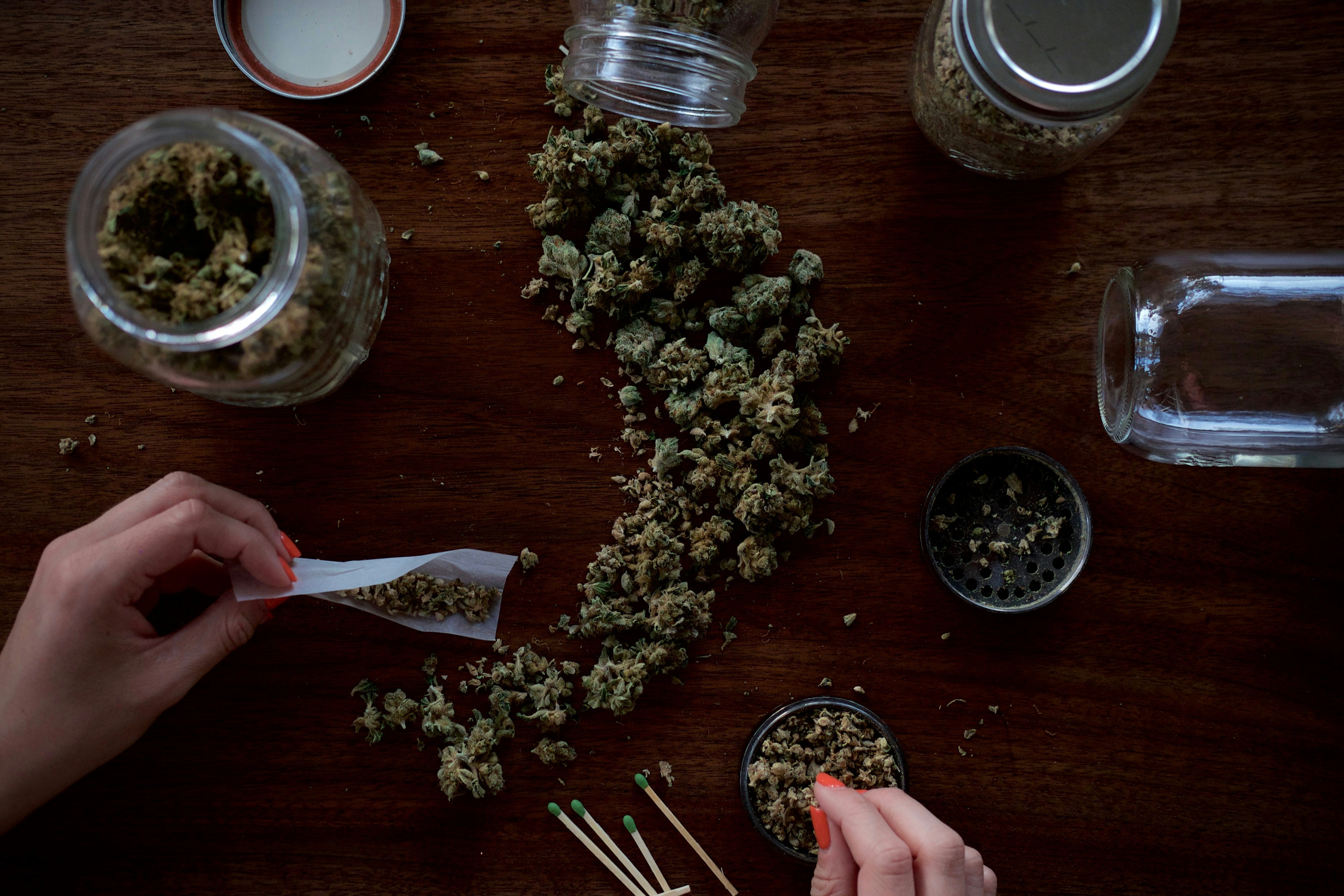2004: Hemp Wins in Court
The journey began with Hemp Industries Association v. DEA, where the Ninth Circuit Court ruled that the DEA had overstepped by trying to ban hemp products containing trace amounts of THC. The court reaffirmed that the Controlled Substances Act (CSA) exempts certain parts of the hemp plant—like seeds and oils—from its definition of marijuana.
This case laid the legal foundation for the sale of non-psychoactive hemp products, setting a key precedent for future debates over cannabinoids like CBD, Delta 8 THC, and THCa.
2014: The First Farm Bill Pushes Hemp Forward
The 2014 Farm Bill marked a turning point by allowing states to launch hemp cultivation pilot programs for research. This was the first time since 1970 that hemp was reintroduced to U.S. agriculture, officially defining it as cannabis with less than 0.3% Delta 9 THC.
These state-run programs demonstrated hemp’s economic potential and set the stage for full-scale federal legalization just four years later.
2018: The Farm Bill Legalizes Hemp and Its Derivatives
The 2018 Farm Bill legalized hemp nationwide, including all cannabinoids, extracts, and derivatives—provided they contain less than 0.3% Delta 9 THC by dry weight. This opened the floodgates for products like Delta 8 THC, THCa, and CBD to enter the mainstream without the legal uncertainty that previously held the market back.
States were also given the power to regulate their own hemp industries, encouraging innovation and creating a booming multi-billion-dollar sector virtually overnight.
2020: The Rise of Delta 8 THC
By 2020, Delta 8 THC emerged as a popular alternative to traditional cannabis. Known for delivering a milder psychoactive experience than Delta 9, it quickly caught on with consumers looking for a smoother, more accessible high. Despite confusion around the term "hemp-derived," Delta 8’s popularity exploded—triggering both regulatory scrutiny and increased public interest in hemp-based cannabinoids.
2022: Courts Reaffirm Hemp-Derived THC Is Legal
In AK Futures LLC v. Boyd Street Distro, a federal court definitively ruled that Delta 8 THC is legal under the 2018 Farm Bill. The decision confirmed that hemp-derived cannabinoids, even those with intoxicating effects, remain lawful as long as they meet the 0.3% Delta 9 THC limit.
This ruling was a major win for the hemp industry, providing legal clarity and protecting the rights of businesses and consumers alike.
2024: The Future of Legal THC at Risk
Now, the industry faces its biggest challenge yet. As the 2018 Farm Bill comes up for reauthorization, proposed changes could reverse much of the progress made. A key threat is the Mary Miller Amendment—introduced by Rep. Mary Miller (R-IL)—which aims to federally ban all ingestible hemp products containing any level of THC.
This amendment is currently attached to both the House version of the Farm Bill and the FY 2025 Agriculture/FDA Appropriations Bill. If passed, it could effectively ban up to 95% of hemp-derived products, including:
- Delta 8 THC and THCa
- Full-spectrum CBD
- CBD-infused pet products and animal feed (some of which already have FDA approval)
The amendment would also redefine hemp to include THCa content, a move that could devastate farmers and businesses that rely on federally legal THCa flower.
What’s Next: Advocacy Matters
As of now, no changes have been signed into law. There’s still time for the hemp community to act—by educating lawmakers, contacting representatives, and raising public awareness about the benefits and legality of hemp-derived products.
This moment could shape the future of legal THC in the U.S. The 2018 Farm Bill created a thriving industry. What happens next depends on all of us.






1 comment
Ive been studying the laws that have bearing on my lifestyle i.e. I was arrested at 17 for borrowing a conversation van without permission for the purpose of going to Madison square garden and dive into the party of a grateful dead parking lot. I’ve spent many hours in jail law libraries during my time being disenfranchised by the war on drugs. The farm bill is simple and it’s alarming how many people get it confused. I seen the fights coming and knew the outcome.
1) It defined 2 types of cannabis l. Sativa plant with the test time (1 weeks prior to harvest.
2) It removed delta9 from the controlled substance act and replaced it with the term marijuana
3)It stated an expressed supremacy clause condition for it to override state laws and it required any state that wanted to regulate it had to get there plan approved by the federal government before 2020.
4) It laid out the only area federally regulated, the the growing. Once hemp leaves the farm anything made from it is legal. As a joe shmoe all ya gotta worry about is getting it from a reputable hemp source.
5)The only thing they didn’t lay out was what test had to be used to determine which is which. It’s hard to do. Cannabinoids are essentially the same molecules just in different states of decay that can be manipulated by environmental conditions. That is why weed growers always cured there buds not “dryed” them. Drying hurts the thca so it only stays delta9 for a short while. I don’t think the farm bill authors forsaw the development of a test for hemp that didn’t use heat as a gas spectrometer does. They really should’ve specified what test was acceptable. We’re still just druggies trying to game the system for our own nefarious reason.
I’ll end with some true wisdom, the only right that can be denied is one that goes undemanded.